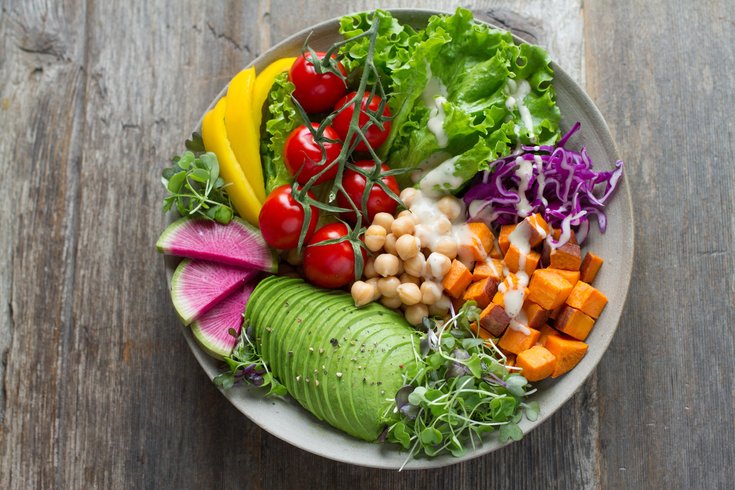
October 05, 2023
 Anna Pelzer/Unsplash
Anna Pelzer/Unsplash
The ability to follow a vegetarian diet for a long time may partly be the results of one's genes. Researchers at Northwestern University identified three genes that are linked to being able to adhere to a meatless diet.
There are various reasons that people choose to become vegetarians. Some see it as a way to be more environmentally-friendly or to defend animal rights. Others do it for health reasons. But sticking with the dietary choice can be difficult for some people.
About 4% of Americans are vegetarian, but one study found that 48% of them report eating fish, poultry and red meat on occasion. The reason that some people are better at going meatless may be tied to genetics, according to researchers at Northwestern University in Illinois.
The study, published Wednesday, examined genetic information from about 5,300 vegetarians and 329,000 meat-eaters. It identified three genes that are significantly linked to the choice of going vegetarian and adhering to to it. Each of these genes are located on a chromosome that includes genes involved in brain function and lipid metabolism — a process in which fats are broken down to produce energy.
Researchers also identified 31 other genes that may be associated with vegetarianism, though not as strongly. Some of these are also involved in lipid metabolism. The study notes that it's "tempting to speculate" that there may be some lipid nutrients present in meat that some people need and others don't, making it easier for them to adhere to a meat-free diet.
The study's author, Dr. Nabeel Yaseen, said that more research is needed to help uncover the differences between vegetarians and meat-eaters.
"While religious and moral considerations certainly play a major role in motivation to adopt a vegetarian diet, our data suggest that the ability to adhere to such a diet is constrained by genetics," Yaseen said. "We hope that future studies will lead to a better understanding of the physiologic differences between vegetarians and non-vegetarians, thus enabling us to provide personalized dietary recommendations and to produce better meat substitutes."
The study is the first of its kind to find a link between vegetarianism and genetics. Still, scientists previously have found that some of the millions of genetic variations present in human DNA are responsible for differences in taste and food preferences.
For example, there are some people who say that cilantro, an herb often used in cooking, tastes like soap. This is because they have a variation in a group of their genes that allows them to strongly perceive the soapy-flavored aldehydes in cilantro leaves.
More than 1,400 genetic variations have been linked to food preference traits. A 2022 study found that people more likely to choose highly palatable foods, like meats and sweets, carried gene variants closely associated with obesity, while those who enjoyed strong-tasting foods had lower cholesterol.
Vegetarian diets have been found to help protect against heart disease, type 2 diabetes and some cancers.
To reap the most health benefits from going meatless, the American Dietetic Association recommends following appropriately planned vegetarian diets with lower intakes of saturated fats and cholesterol and higher intakes of fruits, vegetables, whole grains, nuts, soy products and fiber.